What is synthetic meat?
Proteins are necessary for life and are a fundamental component of our diet. They consist of combinations of 20 “building blocks” called amino acids, some of which are so important as to be called “essential”: they must be introduced with the diet, as our body is unable to produce them. In the human body, proteins are necessary for the functionality of cells, tissues and organs. Furthermore, they are involved in many processes such as that for the correct development of the brain (Mann, 2018).
Proteins are necessary for life and are a fundamental component of our diet. The problems related to the production of meat have led to consider the idea of producing “synthetic meat”
In terms of consumption, the world’s population mainly uses proteins of animal origin even though various sources of vegetable proteins are available. However, there are several problems related to the production of meat: according to the WWF, 80% of the deforestation of the Amazon forest is due to the need
to make room for cattle breeding, not to mention the CO2 emissions produced – about 60 kg equivalent – for produce a single kilogram of meat. For these reasons, in addition to the ethical ones, the idea of producing “synthetic meat” through “cellular agriculture” was considered.
What is synthetic meat?
Synthetic meat, also called “cell-based meat”, is meat produced from stem cells, in which we try to preserve the organoleptic and nutritional aspects of traditional meat. It is essentially a substitute for meat made from animals.
Stem cells from live animals are isolated and proliferated in the laboratory, in a bioreactor which leads to the formation of muscle fibers.
How is synthetic meat produced?
For the production of cell-based meat, stem cells, satellite cells (muscle tissue stem cells), are isolated from a live animal; these are made to proliferate in the laboratory, thanks to the aid of a bioreactor in which the process that occurs physiologically in the animal’s body and which leads to the formation of muscle fibers is simulated.
In 2015, producing about 250 grams of synthetic meat cost around 250 thousand euros, today costs are around 13-15 euros
What are the advantages and disadvantages of synthetic meat?
To cope with population growth, global meat production has dramatically increased since 1960. It is estimated that in 2050 the population will reach 9 billion; according to this estimate, the meat industry will have to increase production by 50% -100%. However, the capacity of the industries to produce meat is already at its maximum and any further increase will have a cost in environmental terms. Intensive farms are among the main threats to global warming and have a significant impact on water and soil consumption. Furthermore, even the ethical aspect linked to the consumption of meat should not be underestimated. According to ISTA data, in Italy, in January 2023, over 193 calves under 8 months old, 202 thousand lambs and 1400 horses were slaughtered. To deal with the increased demand for animal protein without negatively impacting the environment, synthetic meat can be considered a valid alternative. However, there are problems. On the one hand, perfectly reproducing the organoleptic and nutritional characteristics of traditional meat is not easy. On the other hand, production costs are still too high for the market despite technological advances: in 2015, producing about 250 grams of synthetic meat cost around 250 thousand euros, and today costs are around 13-15 euros.
Regulation of synthetic meat
The European rules relating to synthetic meat have been in force since 1997 and were updated in 2018. Depending on the type of cell used, the legislation relating to GMOs, in the case of induced pluripotent stem cells, or the EU Novel Foods Regulation may be applied. Therefore, for placing on the market in the EU, the specific authorization issued by the European Commission is required, subject to evaluation by EFSA (European Food Safety Authority). In Italy, the Council of Ministers recently approved a bill that prohibits the production and marketing of synthetic food and feed.
The development of synthetic meat stems from ethical and sustainability issues related to the production of traditional meat. Greater investments in research on cultured meat could lead the product to be consumed freely and safely, with a consequent decrease in the production of traditional meat and therefore limitation of the problems relating to it.
Federica Cannistrà and Alessandro Giampietro, Ph.D. students in Genetics and Molecular Biology at the “Charles Darwin” Department of Biology and Biotechnology of the Sapienza University of Rome.









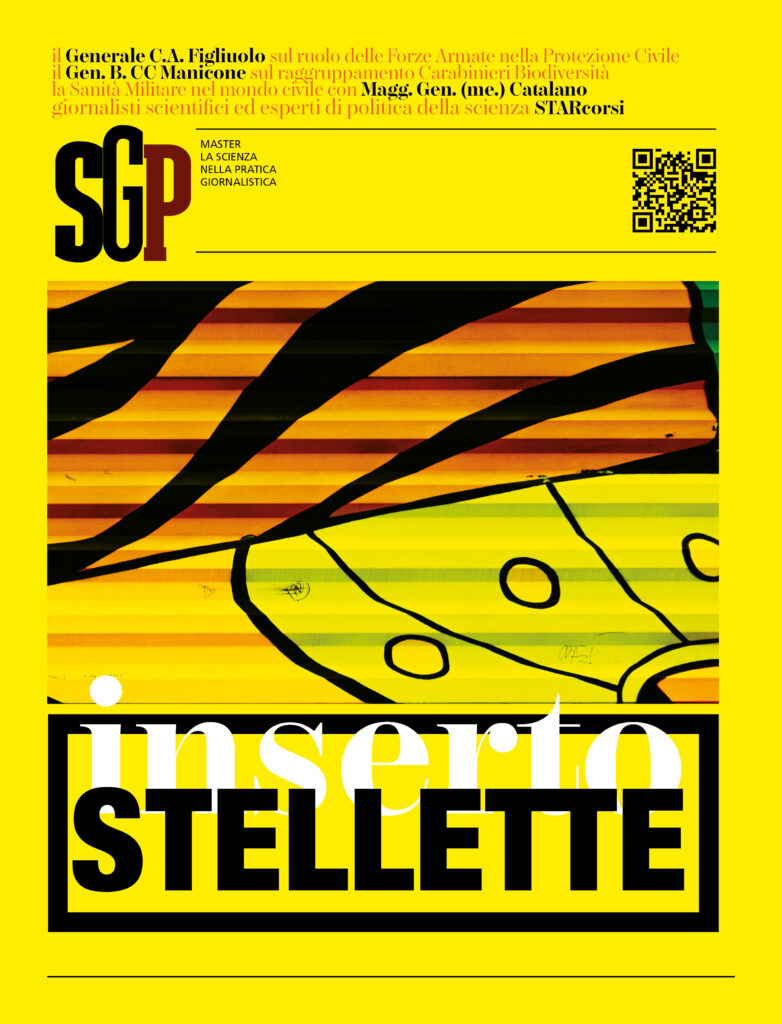


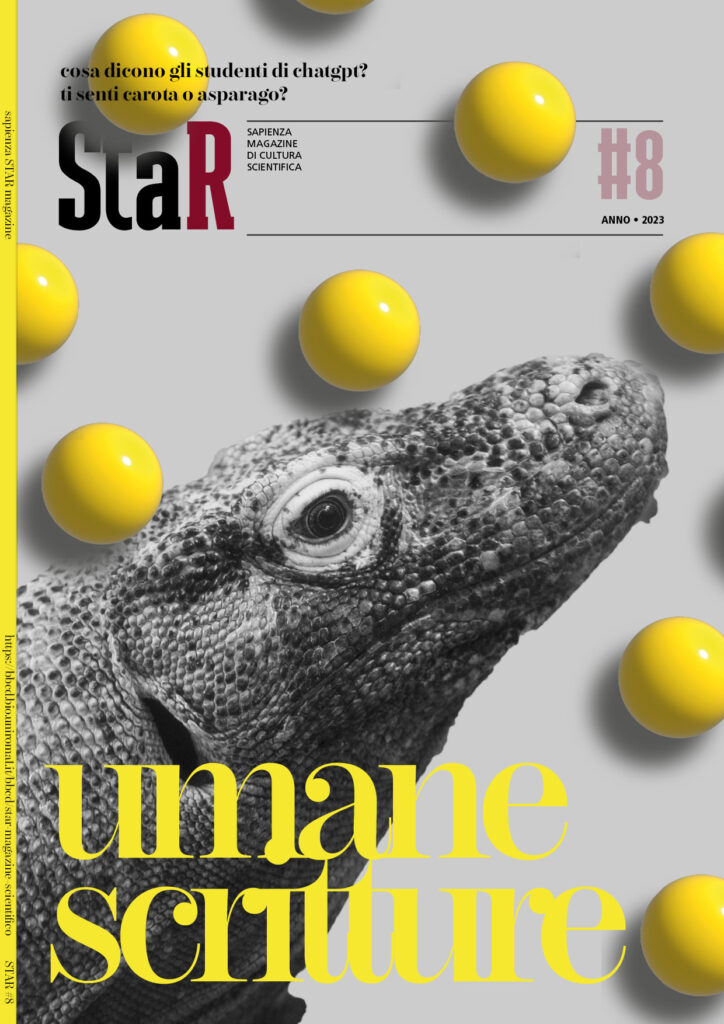
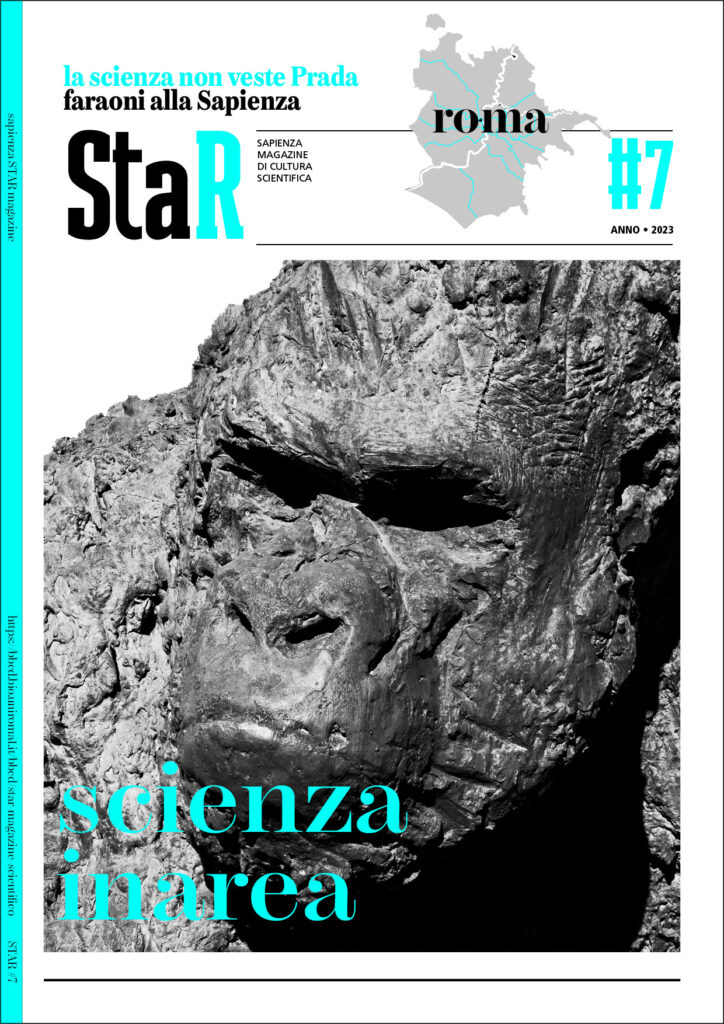



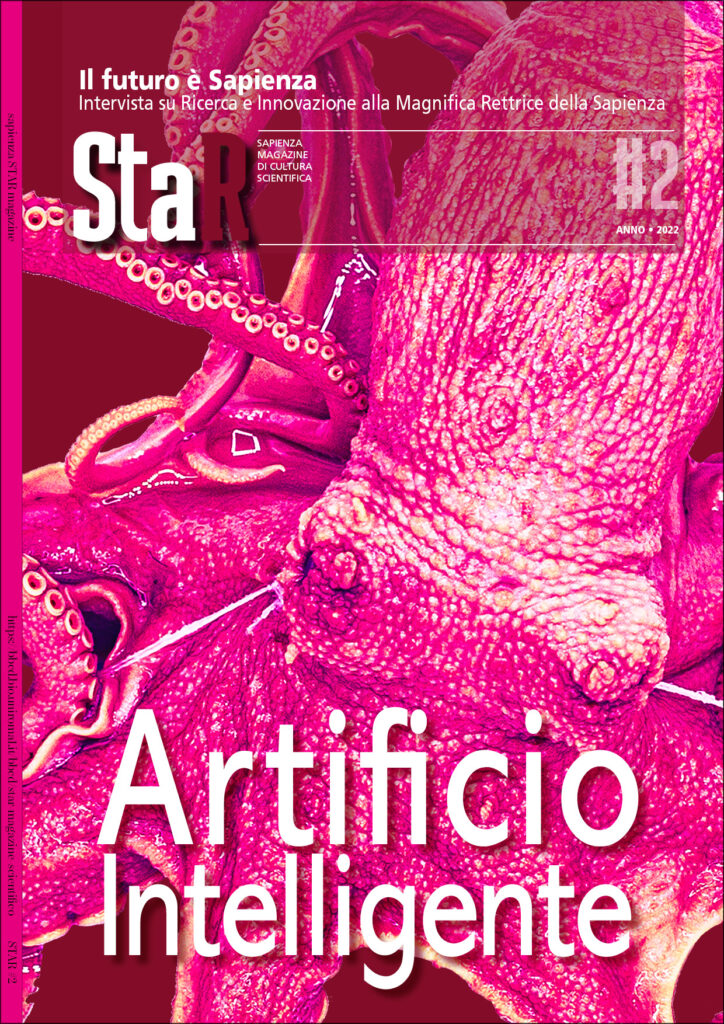

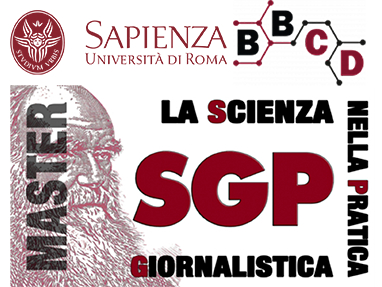
Commenti recenti